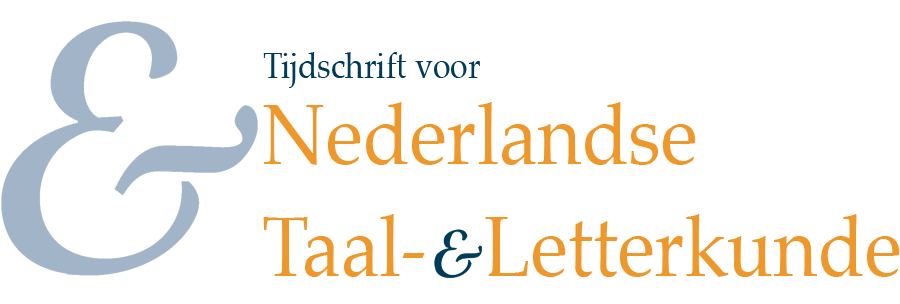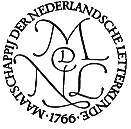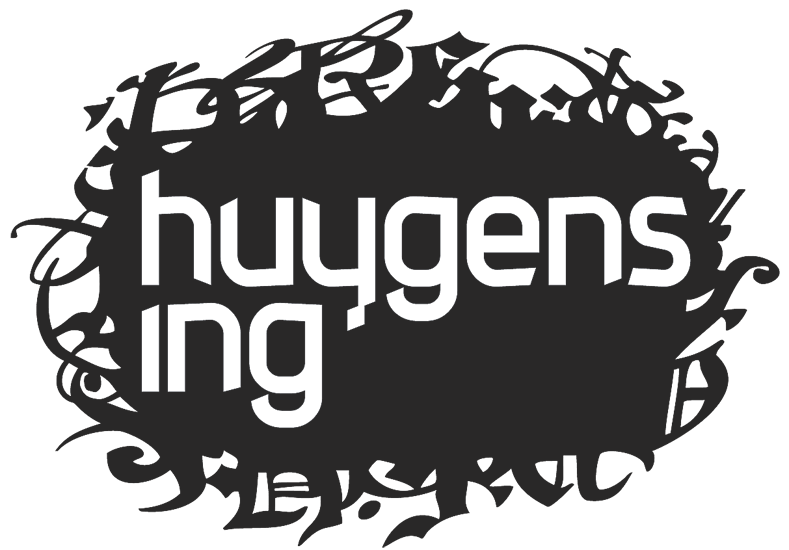Cognitieve literatuurstudie, de textuur van fictioneel bewustzijn en Jan Lauwereyns’ Monkey business
Samenvatting
How does the cognitive turn in literary studies alter the way we analyse minds in fiction? This article attempts to answer this question first by introducing some current debates in cognitive literary theory. Next, it outlines an integrative model for the analysis of fictional minds and offers a reading of Monkey business (2003), a novel about consciousness and neurology by the poet, novelist, and neuropsychologist Jan Lauwereyns. As a complement to classical narratological accounts of consciousness in terms of linguistic and narrative forms (such as interior monologue or free indirect discourse), the model will integrate cognitive forms: aspects (such as ‘memory’, ‘plan’, ‘desire’), scales of mental functioning, and couplings (the embedded, embodied, and extended mind). The result is a more comprehensive approach to what will be called the texture of minds in fiction.
Terugverwijzingen
- Er zijn momenteel geen terugverwijzingen.



